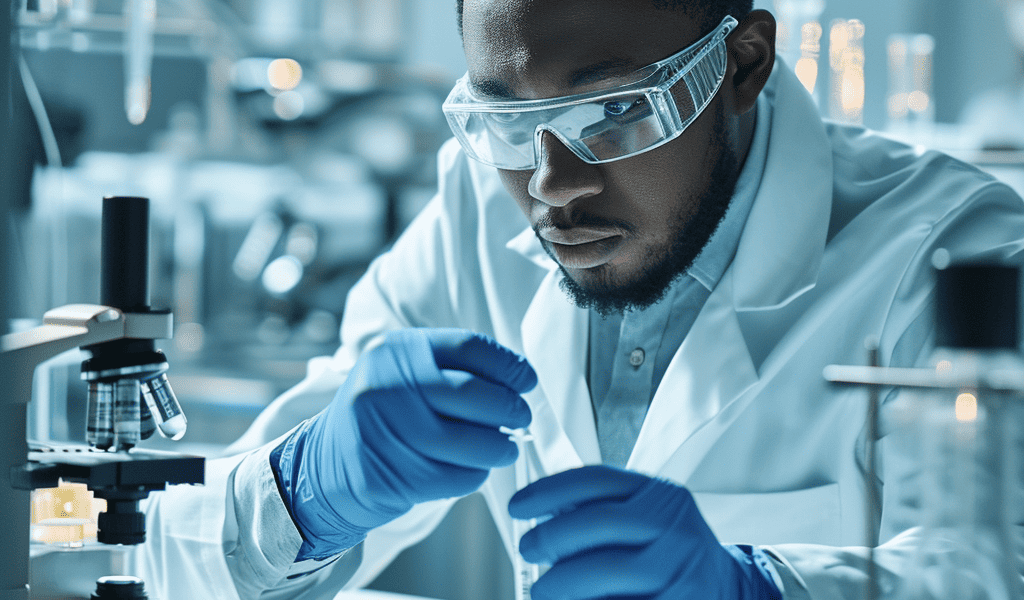Researchers Develop Vaccine To Lower ‘Bad’ Cholesterol By 30%
The battle against high cholesterol levels has received a potential breakthrough with the development of a new vaccine by researchers at the University of New Mexico School of Medicine. The vaccine has shown promising results in reducing ‘bad’ LDL cholesterol by as much as 30 percent, offering a cost-effective alternative to existing treatments.
Cholesterol, while essential for cell building and hormone production, becomes a health risk when it accumulates in the bloodstream, leading to clogged arteries and increased susceptibility to heart disease and stroke. According to the World Health Organization, approximately 18 million lives are lost annually due to cardiovascular diseases, highlighting the urgent need for effective cholesterol management.
The newly developed vaccine targets a protein that contributes to elevated cholesterol levels, presenting a potential solution to the global health crisis posed by cardiovascular diseases. In a recent study published in NPJ Vaccines, the research team led by Dr. Bryce Chackerian reported that the vaccine demonstrated a significant reduction in LDL cholesterol levels, comparable to the effectiveness of costly PCSK9 inhibitors.
Dr. Chackerian emphasized the importance of developing a more affordable and widely applicable approach to cholesterol management, stating, ‘We are interested in trying to develop another approach that would be less expensive and more broadly applicable, not just in the United States but also in places that don’t have the resources to afford these very, very expensive therapies.’
Explaining the mechanism of the vaccine, Dr. Chackerian highlighted the immune system’s production of strong antibodies against the protein responsible for regulating cholesterol levels. The vaccine’s effectiveness was demonstrated in animal studies, showing a reduction in cholesterol levels by up to 30 percent, correlating with a decreased risk of heart disease.
Over the past decade, the vaccine has undergone successful testing on mice and monkeys, prompting the researchers to pursue funding for vaccine manufacturing and subsequent clinical trials involving human subjects. While this process may entail significant time and financial investment, the potential impact of a safe and affordable cholesterol-lowering vaccine justifies the rigorous development and testing procedures.
The development of this vaccine marks a significant advancement in the ongoing efforts to combat cardiovascular diseases and reduce the global burden of high cholesterol. With further research and clinical trials, this vaccine could offer a transformative solution to cholesterol management, potentially benefiting millions of individuals worldwide.





